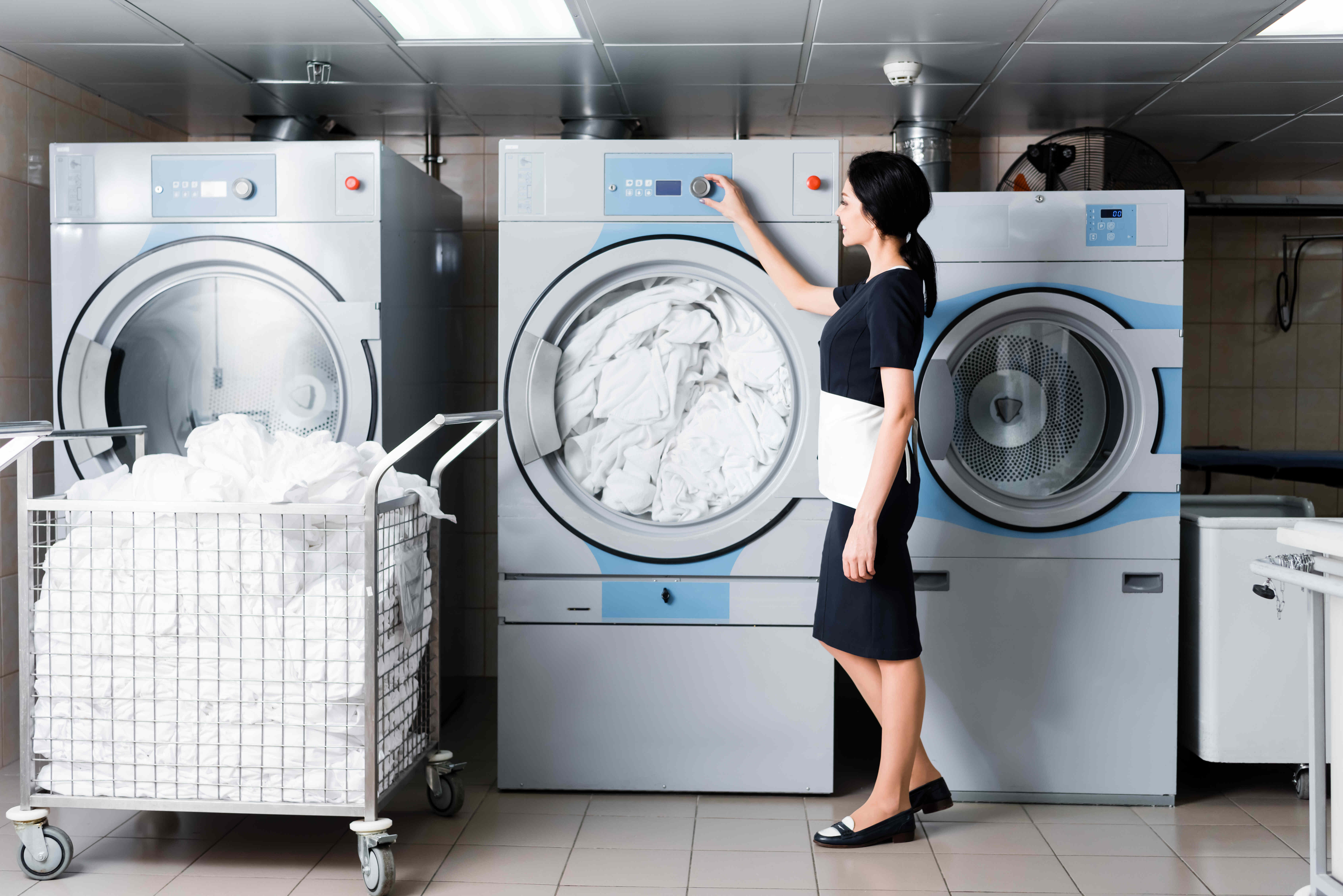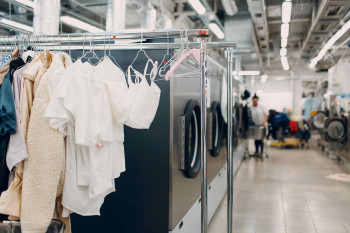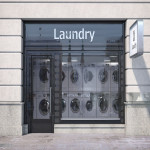Have you ever considered starting your own commercial laundry business? This could be a lucrative venture with the increasing demand for cleaning services. But where do you even begin?
The commercial laundry industry is growing, with businesses outsourcing their laundry needs more than ever before. Starting a commercial laundry business can be a profitable enterprise if done correctly, but it also requires careful planning and organization.
Starting a commercial laundry business could be the perfect opportunity if you have a passion for clean clothes and a keen eye for detail.
What is a Commercial Laundry Business?
A commercial laundry business is a service-oriented venture that provides laundry services to various industries, such as hotels, hospitals, restaurants, and more. It involves washing, drying, and ironing clothes, linens, and other textiles for commercial clients. This type of business requires specialized equipment, trained staff, and a strategic approach to marketing and managing the operations effectively.
Types of Laundry Service
There are several types of laundry services that a commercial laundry business can offer, including:
1) Full-Service Laundry: This type of service involves collecting soiled laundry from clients, washing, drying, folding, or ironing it, and then delivering it back to the client.
2) Self-Service Laundry: This type of service allows clients to wash and dry their own laundry on-site, with the commercial laundry business providing the equipment and facilities.
3) Drop-Off Laundry: This type of service involves clients dropping off their soiled laundry at the commercial laundry business, which then washes, dries, and returns it to the client.
Steps to Start a Commercial Laundry Business
Market Research and Feasibility Study
Before starting a commercial laundry business, it is essential to conduct market research and a feasibility study to determine the demand for laundry services in your area, identify potential competitors, and assess the viability of your business. This involves researching the local market, analyzing the competition, and creating a business plan that outlines your goals, strategies, and financial projections. Market research can be conducted through surveys, focus groups, and online research. A feasibility study involves analyzing the financial and operational aspects of the business, including the cost of equipment, labor, and supplies, as well as the potential revenue and profit margins.
Business Plan and Financing Options
A comprehensive business plan is crucial for the success of a commercial laundry business. It should include details such as the business's mission statement, market analysis, marketing and advertising strategies, financial projections, and management structure. Financing options for a commercial laundry business include loans, grants, and investments from private investors or venture capitalists. A business plan should also outline the business's goals, strategies, financial projections, management structure, and organizational chart. Financing options should be carefully considered, as they can significantly impact the business's success.
Choose an Appropriate Location
The location of your commercial laundry business is critical to its success. It should be easily accessible, have ample parking, and be located in an area with a high demand for laundry services. Additionally, the location should be zoned for commercial use and have the necessary infrastructure, such as water and electricity supplies. The location should also be close to potential clients, such as hotels, hospitals, and restaurants.
Also Read: Is The Commercial Laundry Business Profitable?
Equipment and Supplies
To start a commercial laundry business, you will need a range of equipment and supplies, including washing machines, dryers, folding and ironing equipment, detergents and chemicals, and laundry bags and containers. Washing machines and dryers should be commercial-grade and capable of handling large volumes of laundry. Folding and ironing equipment should be high-quality and designed for commercial use. Detergents and chemicals should be specifically designed for commercial laundry use and should be environmentally friendly. Laundry bags and containers should be sturdy and designed for transporting soiled and clean laundry.
Licensing, Permits, and Regulations
Before starting a commercial laundry business, you must obtain the necessary licenses and permits and comply with local regulations. This includes obtaining a business license, a zoning permit, and complying with health and safety regulations. A business license is required to operate a commercial laundry business and can be obtained from the local government. A zoning permit is required to ensure the business is located in a commercial area and does not violate zoning regulations. Health and safety regulations should be followed to ensure the business operates in a safe and healthy environment.
Marketing and Advertising Strategies
Effective marketing and advertising strategies are crucial for attracting and retaining clients for your commercial laundry business. This can include social media marketing, print advertising, word-of-mouth referrals, and online directories. Social media marketing involves using social media platforms like Facebook, Twitter, and Instagram to promote your business and engage with potential clients. Print advertising involves placing ads in local newspapers, magazines, and flyers to reach a wider audience. Word-of-mouth referrals involve encouraging satisfied clients to refer your business to their friends and colleagues.
Managing Operations and Staff
Managing the operations and staff of a commercial laundry business requires careful planning and execution. This includes scheduling, staffing, and quality control. Scheduling involves creating a schedule for the laundry business, including laundry collection and delivery, equipment operation, and staff management. Staffing involves hiring and training a team of staff members who are knowledgeable about laundry services and can provide excellent customer service. Quality control involves implementing measures to ensure that laundry is washed, dried, and folded to a high standard.
The Bottom Line
Starting a commercial laundry business requires careful planning, execution, and attention to detail. Following the steps outlined in this article, you can set up a successful commercial laundry business that provides excellent services to your clients and generates a good profit.










